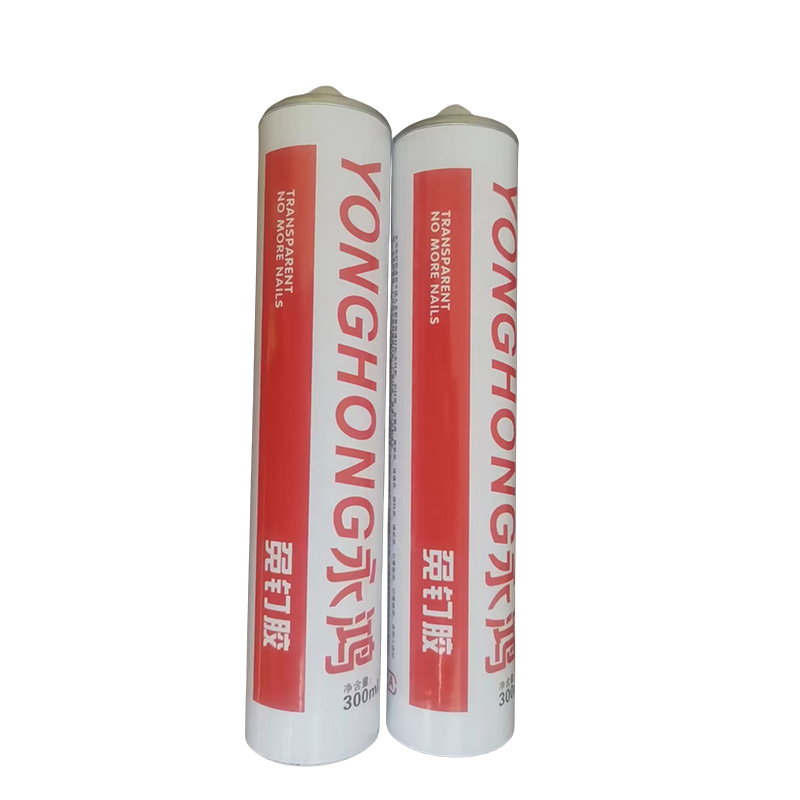As the autumn leaves dance their final waltz, China ushers in a significant solar term—Lidong, marking the official beginning of winter. Falling around November 7-8 each year, Lidong is the 19th of the 24 solar terms in the Chinese lunar calendar, a time when nature transitions to dormancy and humans prepare for the cold months ahead with time-honored rituals and warming feasts.
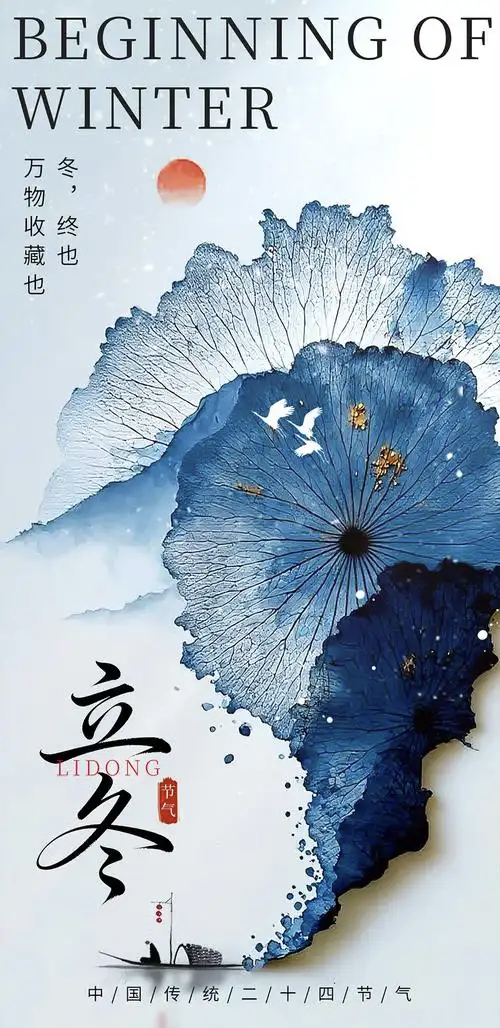
The Essence of Lidong: Storing and Nourishing
If autumn is defined by "harvest," winter in Chinese tradition revolves around "storing." In northern China, farmers have completed their harvests, drying and storing grains while winter wheat lies dormant in the fields, allowing them a well-deserved rest. In contrast, southern farmers remain busy planting winter crops and protecting vegetables from early frosts, though the weather still retains a pleasant crispness.
Ancient Chinese societies celebrated Lidong with solemn worship ceremonies, offering thanks for bountiful harvests and paying tribute to ancestors with stored provisions. This tradition reflected agricultural roots and gratitude for nature's generosity. Today, the spirit endures but has evolved—while some still gather for family dinners, others embrace winter sports like open-water swimming, blending tradition with modern vitality.
Culinary Traditions: Warming Foods Across Regions
Food takes center stage during Lidong, with the belief that "nourishing the body in winter ensures good health for the year." The most iconic dish is undoubtedly dumplings, especially in northern China. Legend has it that Zhang Zhongjing, the Eastern Han Dynasty's "Medical Saint," created ear-shaped dumplings filled with mutton and warming herbs to cure frostbitten ears. Hence the saying: "Eat dumplings on Lidong, or your ears will freeze!"
Regional variations add rich diversity to Lidong feasts:
- Northern China: Besides dumplings, Beijing residents enjoy hot pot with lamb slices, while people in Tengzhou, Shandong, savor hearty mutton soup to dispel cold.
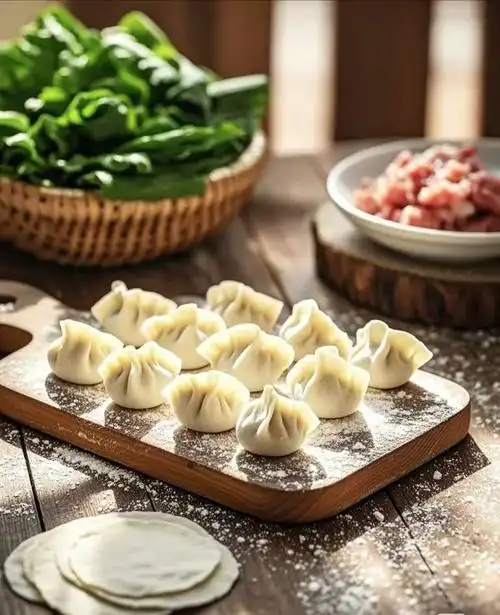
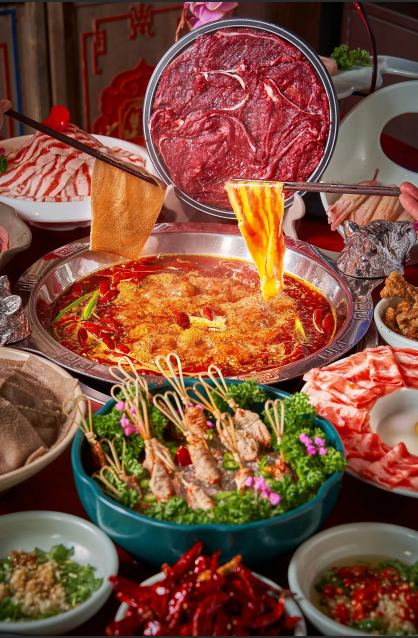
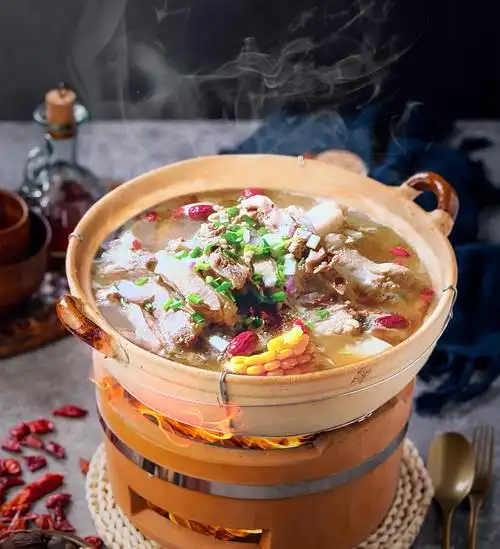
- Southern China: In Jiangsu and Zhejiang provinces, glutinous rice cakes called "machizi" are popular for their warming properties. Fujian locals prepare "grass root soup" with medicinal herbs and meats for nourishment, while Guangdong families simmer nourishing soups like lotus root and pork rib broth.
- Nanjing: Following the proverb "Half a green onion a day keeps winter ailments away," Nanjing residents eat raw green onions to boost immunity against damp cold.


Modern Lidong: Balancing Tradition and Lifestyle
While ancient wisdom advised "sleeping early and rising late" to conserve energy, modern schedules often challenge this. Yet the core philosophy of nourishment remains. Many urbanites now combine traditional foods with healthy habits—sipping warm herbal teas, practicing yoga, or enjoying hot pot gatherings with colleagues and family.
As we welcome Lidong this year, let's embrace the season's spirit of warmth and gratitude. Whether you're savoring a plate of dumplings, sharing a hot pot with loved ones, or simply enjoying a quiet moment by the fire, may this winter bring you comfort, health, and joy.
Happy Lidong to all!

